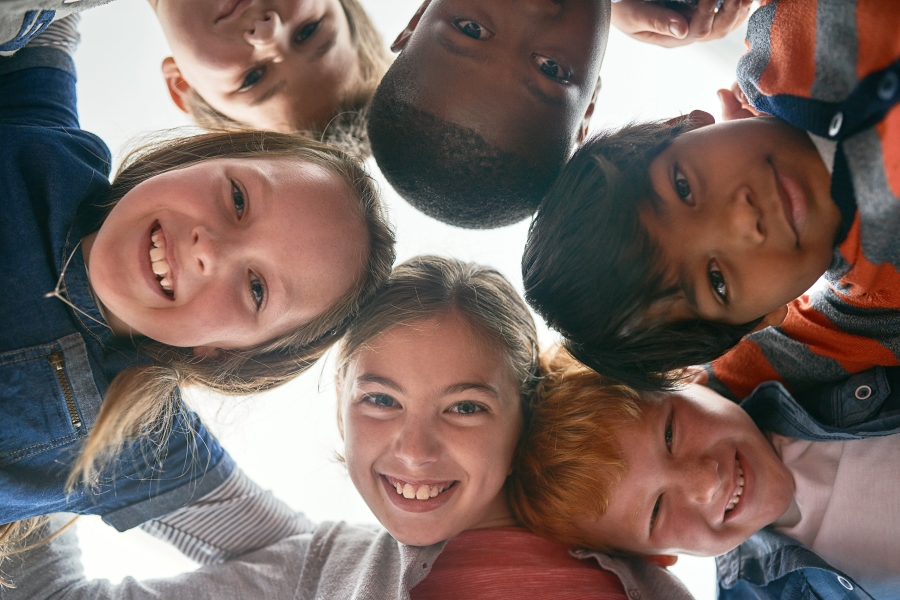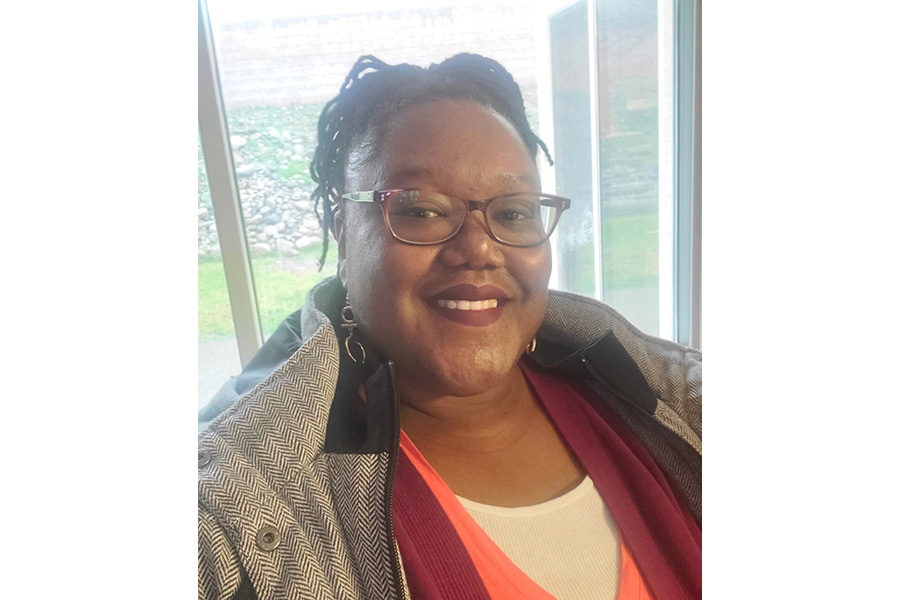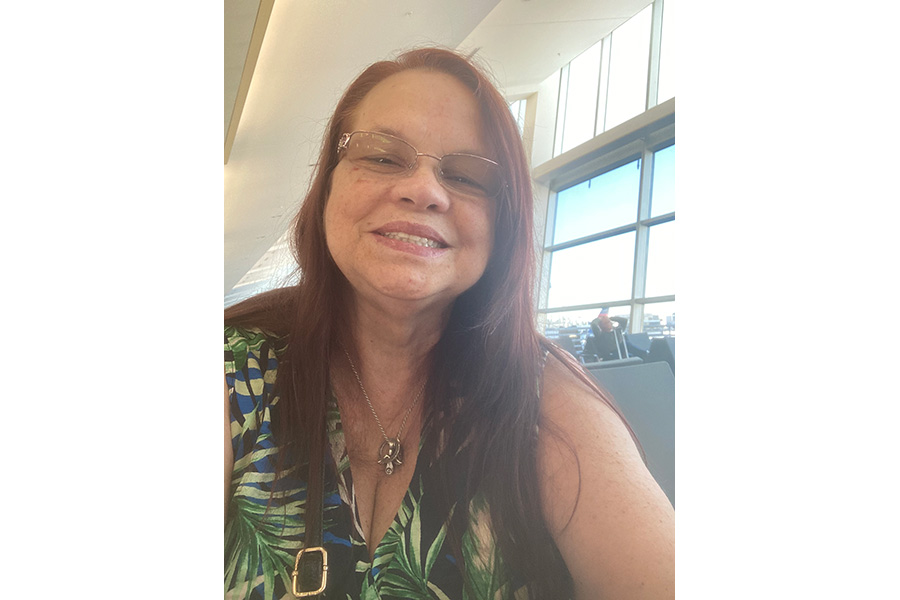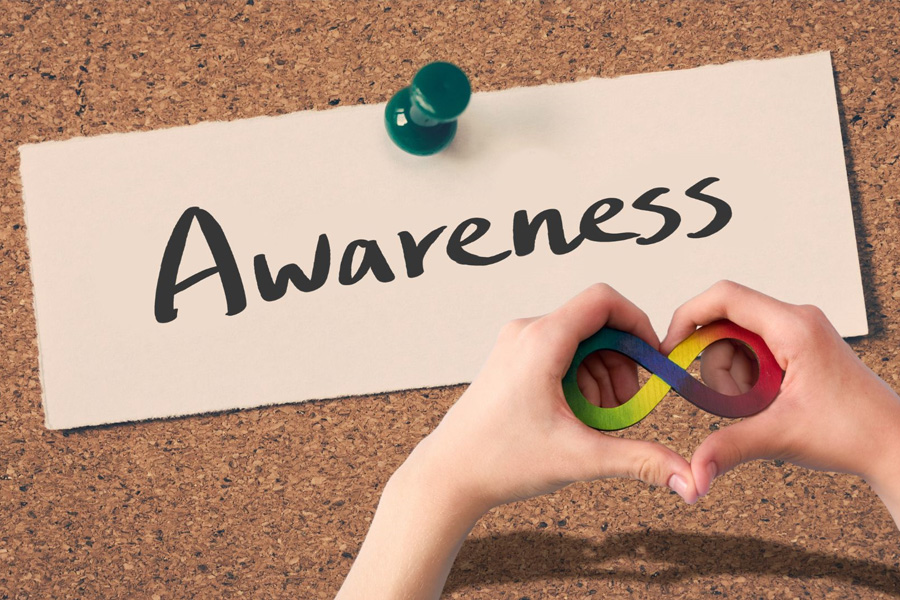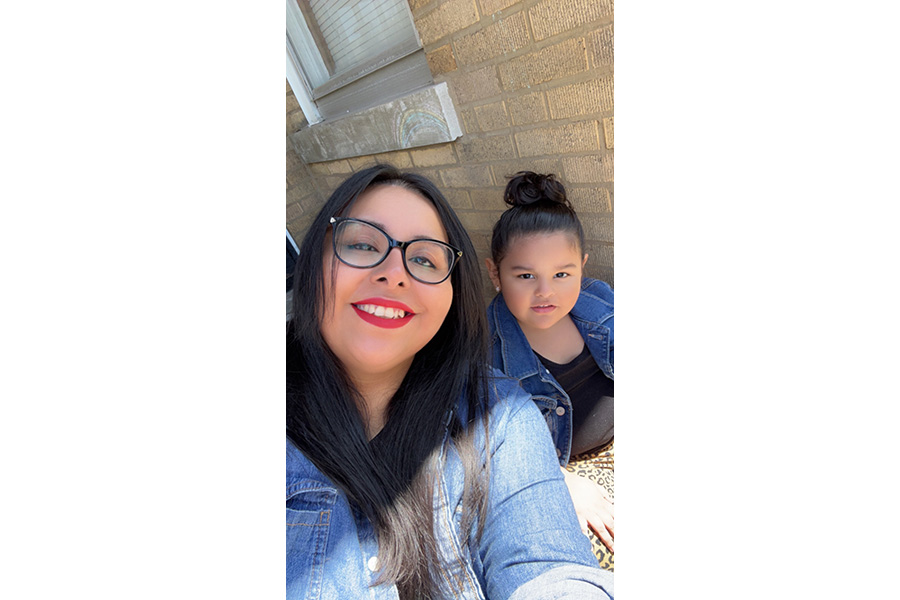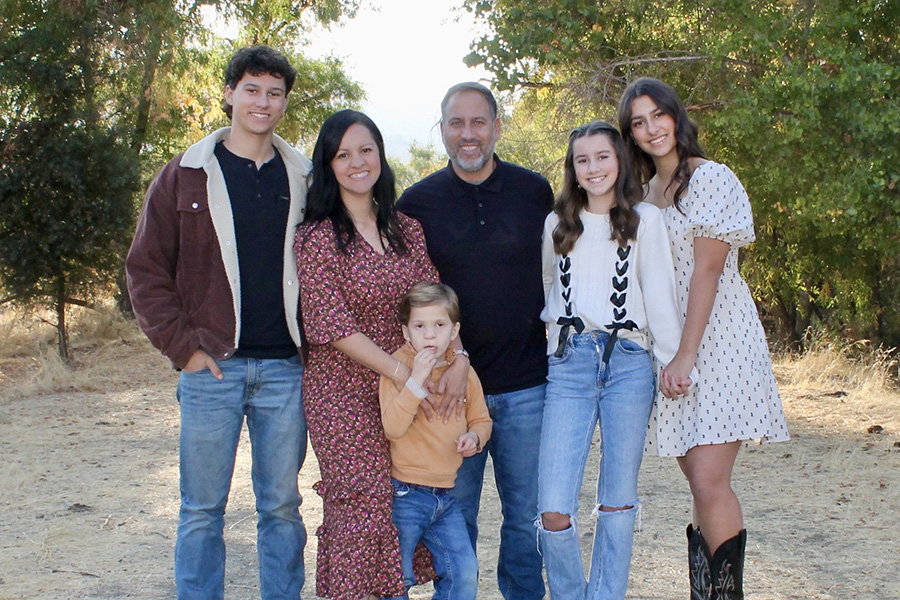I recently watched a documentary on Blue Note Records. Blue Note is one of the most iconic jazz labels in American music history. They gave us Miles Davis, John Coltrane, Thelonius Monk, and more recently, Robert Glasper and Norah Jones. They set the scene for what would become hip hop. The documentary was about the music, but I walked away with a lesson in parenting.
A Lesson on Improvisation
In one particular scene in the Blue Note film, one of the artists describes a session in which he knew, he just knew he hit the wrong note. It sounded wrong. It felt wrong. And jazz, like any other musical ensemble, can be intensely competitive even as it is about the collective whole. However, instead of letting that note echo in silence like a bad joke, Miles Davis stepped in and played a series of notes that were technically incorrect if you’re going by the sheet music, but picked that other note up and gave it legs. It changed the feel of the song, but for the better. Davis flipped the mistake into a serendipitous turn in a new direction.
This man, the one who played the wrong note, is old now. But watching him tell it, you see him go back to his youth, to that moment in time where something shifted for him and as I watched I thought of my son, Charlie. He is seven. He has cerebral palsy. Nothing has come easy for him—not breathing or eating or sleeping or walking. We found a lovely preschool for kids with special needs. It was a small circle of similarly diagnosed kids. It felt safe, like playing with other musicians all at your level. And then came the time for Charlie to enter public kindergarten. The circle was opening and he was about to enter an ocean of typically developing kids. I was terrified he would be thrown in over his head.
During our first meeting, his teacher informed me that every Friday they would have Show and Tell. I imagined each kid walking to the front of the class holding up a favorite something and telling all about it, while Charlie sat in the back in his wheelchair and silently watched. This was going to be a problem. Charlie is mostly nonverbal and was just learning to use his speaking device at the time. But I never want him to feel left out, so the Thursday night before the first Show and Tell we hunted together through his things until he settled on a dancing Christmas Snoopy that he loves. I figured he could push the button and make it dance and that would be enough. What actually happened was much better than that.
The teacher had a Smart Board. It’s an electronic whiteboard that you can use like a giant interactive iPad. (We’ve come a long way since chalk.) When Charlie rolled up to share, she gave him her pointer and she helped guide his hand to point to pictures on the screen to share about Snoopy. Charlie loved that pointer. He was a little showman with a captive audience. Then Snoopy danced and everyone cheered. After that, other kids wanted to use the board to share. Instead of talking at hyper speed as kids are wont to do, they slowed down, pointed, and chose their words carefully. They found a new fluency in Charlie’s form of communication. The class came together to do things in a different way. It was harmony.
Opportunities for Adaptation
It could have gone another way. The teacher could have skipped Charlie or held up Snoopy and filled in the silence with her own words. Instead, she turned this ordinary Friday activity into something new and perhaps better than it was before. After all, isn’t the point of Show and Tell to help kids find their voices? Because she was willing to adapt, the class found its own collective voice as well.
Miles Davis is famously noted for saying, “Do not fear mistakes. There are none,” and I believe this is true in any endeavor we try to undertake that involves another person. Marriage. Parenting. Teaching. Music. Sports. Life in general. No one is going to hit each element perfectly every time, but if we can view it as an opportunity for adaptation instead of competition and precision, then I think we can turn it into something beautiful.

Jamie Sumner is a special needs mom and author.
Discover her new book, Roll with It.
Follow her on Facebook.






